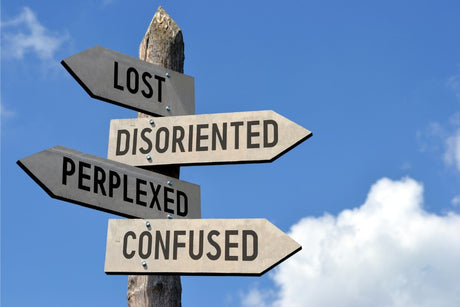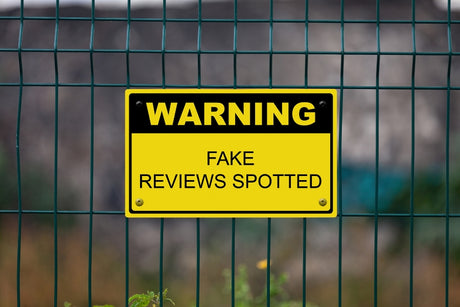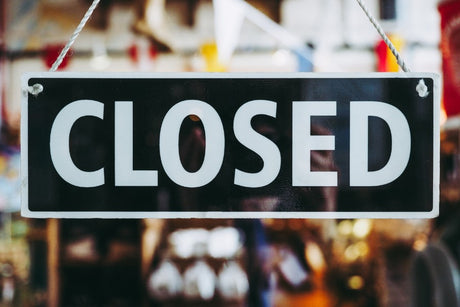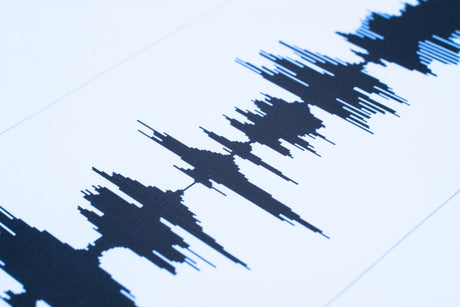The Best Way To Store Coffee, Storing Coffee The Right Way
How to store coffee
These questions frequently arise:
"How long does coffee last?", "what is the best way to store ground coffee?" and
"Can coffee be stored in the fridge?"
The Enemies of Fresh Coffee
When it comes to storing coffee, especially ground coffee, the biggest problems are Oxygen, Heat, Light and Moisture. Not necessarily in any order, but they all cause coffee beans to age and go stale.
Containers used for coffee storage should be preferably non-absorbent. Metal and ceramic are the best, followed by glass and only just a small number of plastics. Many plastics in use today absorb the aromatics and volatile compounds. It is not a rule, but more expensive plastic containers, such as Tupperware are much better than say a take away container when it comes to either whole beans or ground.
Still, it's OK for a short time, e.g. say up to 2 weeks.
Containers should be air tight. Using an airtight container help minimise the movement of both air and moisture.
There is one myth about CO2 and coffee beans. When you store beans or ground coffee, allowing CO2 to exhaust is not so important. Don't the fooled into paying exorbitant prices for special coffee containers. They are generally unnecessary.
The reason that coffee bags contain 1-way pressure-activated valves is because they are packed with fresh roasted beans. These valves prevent the abnormal levels of CO2 from very fresh roasted coffee that can expand and explode the bag. This doesn't happen later, or with ground coffee beans customers buy for example.
Peak gas CO2 exhaustion occurs during the initial 48hrs after roasting. Even at coffee shops the coffee is not that fresh roasted.
Where to place the coffee storage container
The main things you want to do when storing ground coffee of whole beans, is to keep them away from heat, light and changing temperatures. You don't want them to be kept too hot or too cold.
We like the bottom pantry shelf or in a cupboard that is kept relatively constant in temperature. A cool area between 15 -25 degrees is best, particularly if you live north of Sydney. Room temperature is generally fine and it will stay fresh longer if kept in a relatively dark place, our of direct sunlight for sure.
For many of our customers living in warm climates, keeping your coffee beans in an esky is ideal. But not with ice in it!. Having said that, for most coffee drinkers, in the pantry will be just fine. We encourage customers to never place coffee in the fridge. Fridges have all sorts of moist vapours and aromas can transfer into coffee grounds. For long term storage it can be okay, but only in airtight containers.
Another negative of storing ground coffee in the fridge is when you take your coffee container out of the refrigerator and place it on the kitchen bench. Even just for a few minutes, it will cause small microbeads of moisture to develop on the coffee. This happens even more so on ground coffee (100 times worse).
What about the Freezer?
We used to get asked quite often, whether it is good to freeze fresh beans. In 2008, we ran tests for optimal freshness over ten months with 10x 250g packs of coffee.
These were heat sealed bags, packed in the same way you receive your packs from coffee suppliers. The packs were not opened. Instead they were placed fresh in the freezer within four days from the Roast Date.
Each month, we removed one pack from the freezer and allowed the pack to thaw over 16 hours. We then opened it, poured it into a grinder and made espresso shots.
The bottom line is that we didn't enjoy the coffee. It was okay but definitely did not retain the best flavour. Even Month 1 and 2 packs of coffee could have been nicer if just stored properly.
By the time we got to Month 6, it was not a task we were particularly enjoying. Yes, we could get crema from the espresso shots by setting the grinder quite fine, but the aromatics were almost gone. The flavour was quite flat and generally lifeless, which is not what you want from your morning cup.
Remember that we are used to super-fresh premium coffee beans. So anything else that has aged or had its cell structure altered by freezing will always be a struggle.
Coffee freshness does not last in a freezer. We recommend that you DO NOT freeze coffee. Do not store coffee in the freezer. For lasting freshness store your coffee at room temperature in ceramic containers or others mentioned above. If you are a coffee connoisseur, either use it or give it away rather than freeze it.
Zip-Lock Coffee Pouches
We often have customers asking us to pack coffee into zip-lock coffee bags rather than our original packaging.
Unfortunately, zip-lock coffee bags do not provide an effective barrier protection for roasted coffee. Whether it is whole beans or ground coffee.
The quality of the coffee will degrade faster in a zip-lock bag compared to an airtight container, jar or tin. Especially pre ground coffee.
First and foremost, the issue we are dealing with here is more than just a method to control oxygen exposure, as you would in many other food items.
Coffee is more complex, and it has far more volatile compounds compared to, say, biscuits, crackers or fruit.
Coffee bags contain three layers. There are the inner and outer poly layers, with an essential metal layer in the middle. This is why that performs critical barrier protection.
Without the metal layer, coffee would degrade very quickly. Zip locks are made of plastic and are not ideal to store ground coffee in. They are made of a type of plastic that enables a chemical process called effusion to occur.
The simple explanation is that compounds from coffee will "leach" through the open holes in plastic. They don't have a vacuum seal or anything like that.
It is similar for example to trying to store fresh coffee in a cheap plastic container. The aroma quickly disappears because it is absorbed and passes through the plastic.
Zip locks also do not provide effective oxygen seals and some moisture can also get through if they are not zipped up effectively.
Basically zip locks are prone to degrade coffee freshness, and for this reason, we do not use this type of coffee bag. Maybe they are okay for a camping trip, but not in your pantry to keep coffee fresh for weeks on end.
Zip locks are only intended for short-term convenience - a couple of days.
How Long should we keep packs of coffee?
This a topic of furious debate amongst all coffee experts. Of course, those who are not experts also have strong opinions on social media these days.
Coffee should be used within 45 days of receiving the packs.
Ideally, this should be within 30 days.
Quite a few people out there spruiking that coffee expires or is useless after two week or 14 days. That bit of information is nonsense. Most coffees we roast take around 7 - 14 days post-roast to develop properly.
I prefer the coffee most when it's about Day 16.
The mycuppa production team keep control samples from every batch of coffee we roast. I regularly open up coffee that is 35 days old and can pull amazing shots with the beans. Well after two weeks.
The Best Way To Store Ground Coffee Beans
Whether you are storing ground coffee or whole beans, the practice should really be the same. Avoid fluctuating temperatures and keep it cool. Use air tight containers, Don't store beans in the freezer. Keep them away from harsh light. Grind only as much coffee as you need. Store them in a dry place.
We treat coffee like a fresh food. For the best taste possible, you should grind smaller quantities of the best quality coffee. Once you have ground coffee, the sooner you drink it the better.
We hope this information has been useful in providing guidelines that help you enjoy your cup of coffee or two, or three, or more each day. If you have specific questions about the way to store coffee fresh, or about the beans we sell, then simply contact us directly.









